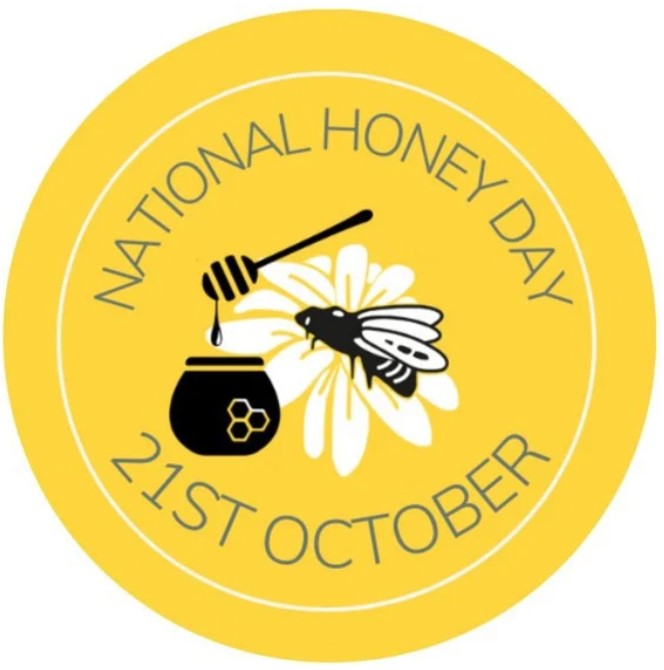|
On the first National Honey Day tomorrow (Friday, October 21), consumers are being encouraging to buy a jar of local honey.
Lynne Ingram, who keeps honey bees at East Huntspill, is the chair of the Honey Authenticity Network (HAN) UK and backs the national campaign promoting the benefits of local honey. “Every honey tells its own story because it tells you where it comes from, the plants that grew there, the climate which prevails and the weather of that year and of the producers and their bees. “Dip into a pot of Somerset honey and enjoy a snapshot of the season!” To help people find a source of local honey, Somerset Beekeepers’ Association publishes a list of producers https://www.somersetbeekeepers.org.uk/local-honey-search.html To meet consumer demand, around 90 per cent, or 47,000 tonnes, of the honey eaten in the UK is imported and there is increasing concern that some of this honey has been adulterated with syrups. While legalisation and government bodies from trading standards to the Food Standards Agency are charged to protect the public, HAN UK and the British Beekeepers Association, which has nearly 30,000 members, claims that the scale of honey fraud is growing. “Honey is the fourth most adulterated food in the world,” added Lynne. “To protect shoppers, beekeepers and the vital pollination of food crops, relevant food agencies and authorities need to be adequately resourced and the regulations underpinned by an enhanced and agreed testing regime that can adequately assess composition and authenticity.” The British Beekeepers Association has launched a petition calling on the government to change the labelling regulations so that consumers have more information about the origin of honey on sale in the UK. https://petition.parliament.uk/petitions/624402/ Comments are closed.
|
Archives
March 2024
Categories
All
|
Somerset Beekeepers Association Charity © 2021 Registered CIO Charity 1206483
Affiliated to the British Beekeepers Association
Click here to view our Privacy Policy
Affiliated to the British Beekeepers Association
Click here to view our Privacy Policy

 RSS Feed
RSS Feed
